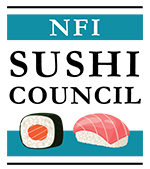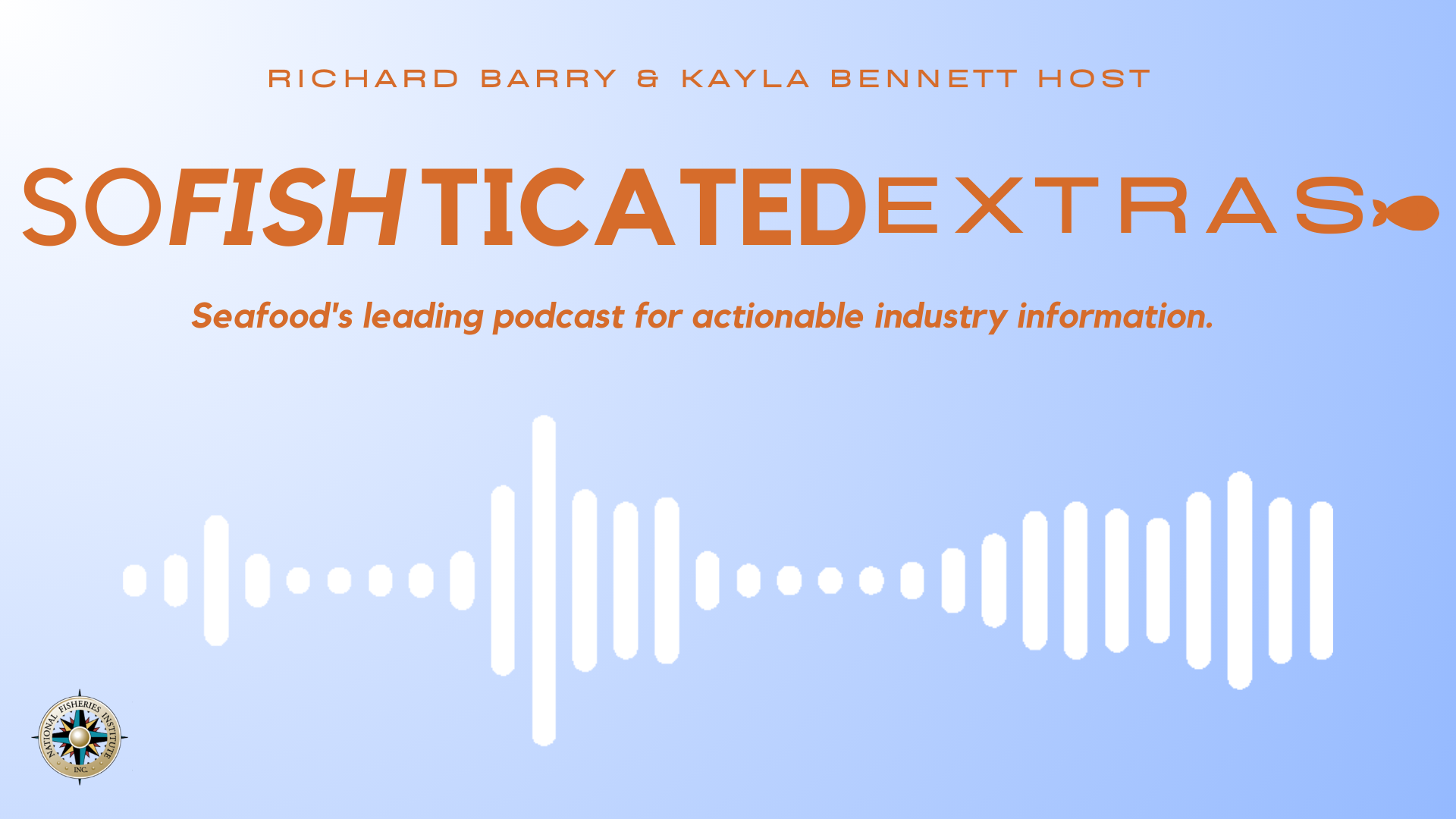Washington Post’s Misguided Fears
October 16, 2013
Laurie McGinley
Health Editor
Cameron Barr
National Editor
The Washington Post
Dear Ms. McGinley and Mr. Barr,
An article by Darryl Fears this week, Study links warmer water temperatures to greater levels of mercury in fish misleads readers in several ways.
At the top Fearssuggests that consumers can expect dire consequences from eating canned tuna because tuna are feasting on mercury contaminated killifish at the bottom of the food chain.as a result of killifish absorbing higher levels of methylmercury in an era of global warming. But thats demonstrably false. The albacore and skipjack in canned tuna do not feed on killifish.
Moreover, the vast majority of the methylmercury found in tuna and any deep water ocean fish is naturally-occurring from volcanic activity, not the manmade sources to which you allude. In fact, precisely because methylmercury is predominately naturally occurring, the mercury levels in fish have remained stable for decades, rather than increasing with industrial production, as Fears implies.
Worse still, Fears then presents a parade of illnesses apparently linked to eating fish. But that too is deceptive because those are simply not associated with the normal consumption of commercial seafood. Certainly not among Americans (who leading nutritionists say aren’t eating enough seafood), or among populations like Japan’s, which consumes far more. In fact, there has never been a single confirmed case of mercury poisoning linked to normal seafood consumption in the United States in any published, peer-reviewed medical literature. Dont readers deserve to know that no harm has actually occurred, especially in a piece that otherwise indulges so much speculation?
In fact, the USDA is very clear in its dietary guidelines that Americans arent eating enough seafood of any kind for heart and brain health, and recommend increase[ing] the amount and variety of seafood consumed to at least 8 or more ounces per week, or 2 meals a week, for improving heart health and baby brain and eye development.
We welcome a conversation about the future of our planet, but not at the expense of misinforming that stands to frighten ordinary Americans away from safe, healthy foods. We ask that you issue a correction and to please reach out to us in future matters.
Gavin Gibbons
Director of Media Relations
National Fisheries Institute



